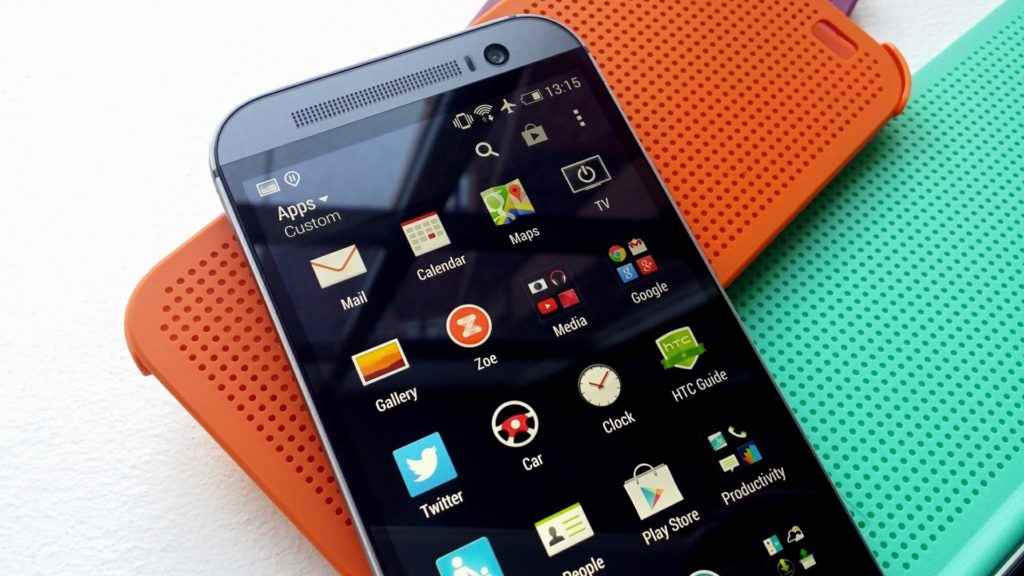It’s been said that the combination of 5G networks and artificial intelligence could create something truly spectacular. We’re now entering a time where there are millions of devices ready to be connected with the 5G network as standard. As the industry becomes more thirsty for fully automated infrastructures, it’s no surprise that artificial intelligence (AI) and the cloud are playing a big part in this. Smartphones are particularly benefitting from the developments in AI, with an exciting future ahead.
Here’s how the road to 5G is paved with artificial intelligence:
Starting the 5G Revolution
5G isn’t an overnight sensation, it’s been years and years in the making, with thousands of developers and engineers working to get the technology right. Last year, we finally saw the fruits of their labour when Verizon launched 5G in selected US cities: Sacramento, Houston, Los Angeles and Indianapolis. They were chosen for their “forward-looking” state policy. Users were able to experience the extremely fast speed before the rest of the world. As we head further in 2019, it said to become a more standard way of connecting our devices, which is excellent news for users and manufacturers alike.
So, just how much better is 5G than 4G? Well, where 4G was using download speeds of around 50 megabits per second, the 5G network can run up to 100 times more than that. If you take the capabilities of 5G and pair it with the possibilities that come with AI, it’s no wonder smartphone and mobile app development companies are getting excited.
Intelligent Cloud or Device?
For every AI system, there’s always a question of where the intelligence should lie – in a cloud or in a device? There’s an argument that it should be kept as close to the device as possible, however, this isn’t always a practical option. Typically the devices will have limited processing power, and they’re battery powered. Another option is using a link, like 5G, to run between the cloud and device. The term ‘cloud-network synergy’ has been used to describe the relationship between the two.
The best of both words will allow the intense processing to be done in the cloud, and then use 5G to connect them effectively. Tech giants such as Samsung, Google, Amazon and Huawei are already heavily invested in AI and its capabilities. Moving towards intelligence in devices simply means that devices will have the intelligence to not only collect and analyse the data, but also make crucial time-sensitive decisions.
Devices Become Teachable
Ultimately, the connection of 5G and artificial intelligence will make devices more teachable. As we’ve learnt from the use of machine learning and AI in other industries such as law and education, technology is able to adapt and improve. AI systems will be able to use more information to build up a better understanding of their environment.
For example, digital personal assistants will soon be able to learn their owner’s personal preferences and environment based on the information they’ve collected. This means, in theory, they’ll be able to distinguish between the parents and children’s voices, which could save kids wreaking havoc by ordering things online through Alexa. Any wrong answers will be learned from and used to improve the algorithm. The speed and possibilities that come with 5G essentially mean that devices will be able to learn more quickly from their mistakes.
The Way a Smart Industry Will Impact Lives
The introduction of 5G opens up the floor for connectivity. It will be able to connect everyone and every industry, to provide better business opportunities now and in the years to come. This will move far beyond smartphones, making our lives smarter in general. From smart street lighting and smart energy to livestock farming and smart post boxes; many industries stand to benefit.
When we combine the IoT (internet of things) and how 5G can support it, it shows just how much we stand to benefit from this technology. Smart home appliances are a perfect example of this. 
Smart devices programmed with artificial intelligence to cater to your needs around the home. One day they’ll be able to learn from user activity and create algorithms to personalise their recommendations to each new user.
The Future for Smartphones with AI at the Helm
Artificial intelligence is shaping the way we live our lives, and by teaming it with the next most powerful smartphone development of 5G, there’s no end to the possibilities. For smartphones at least, it means more clever connectivity and communication: enhancing the user experience. On the other hand, we need to create more 5G enabled devices and appliances to complement this technology to ensure we’re making the most out of what it can offer. This means many industries will need to start accepting that AI is a big deal, and its inevitably going to affect them.






